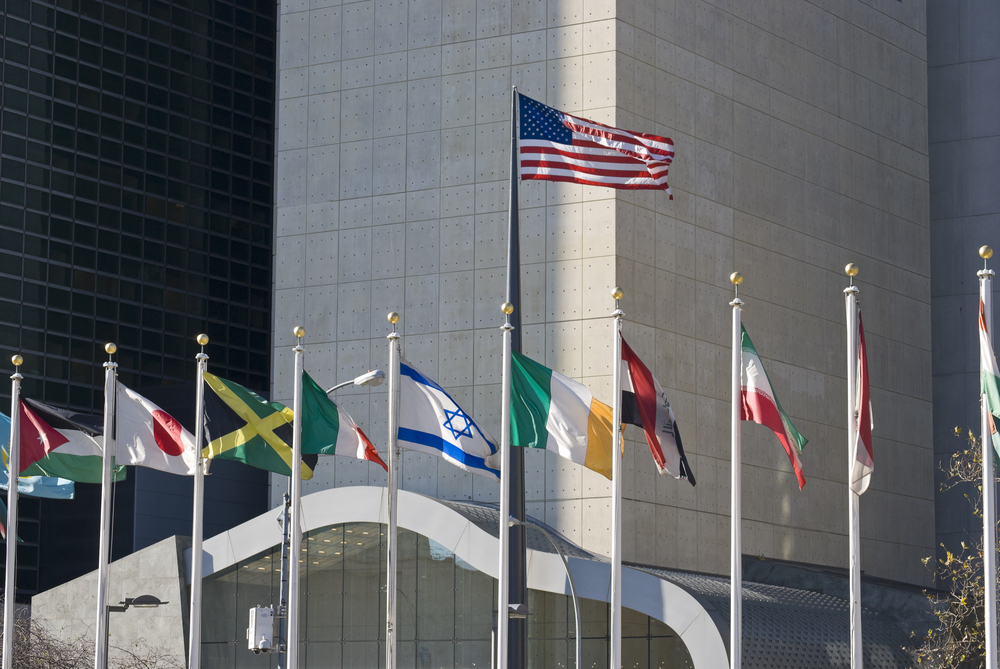Choosing the right Arabic interpreter, especially given the diversity of dialects and regions, is vital for ensuring accurate and culturally aware translations. Modern Standard Arabic ranks among the top 10 most spoken languages globally, holding significant weight in the international economy.
Check Language Proficiency and Specialization:
Modern Standard Arabic is predominantly used in formal settings such as diplomacy and business, while dialects are reserved for everyday conversations. This underscores why experience with a specific dialect and region is crucial for quality interpretation. Many of the nuances in each dialect cannot be easily researched online and must instead be mastered by native speakers. Therefore, it’s essential to select an interpreter who is not only proficient in Arabic but also specializes in the specific dialect you need.
Key Considerations:
- Education and Training: Opt for interpreters with formal education in Arabic linguistics, especially focusing on the dialect or region you require. A solid foundation in Arabic studies or a related field can be an excellent indicator of expertise.
- Experience: Review the interpreter’s professional background, paying particular attention to their work related to the specific dialect and region. Those with a proven track record in your target area are more likely to provide accurate and culturally sensitive translations.
- Specialization: Certain interpreters excel in particular subjects like legal, medical, or technical translation. If your content pertains to a specialized domain, choose an interpreter with the relevant expertise in addition to dialect proficiency.
Partner with Established Organizations or Screen Independents:
When seeking interpreters, it’s beneficial to collaborate with organizations that rigorously assess their professionals. However, if working with independents, take the initiative to screen them yourself.
Key Assessment Criteria for Interpreters:
- Linguistic Accuracy and Certification: Interpreting organizations gauge candidates’ language proficiency and certification to ensure precise language translation and interpretation. Assessments include language tests, certifications, and related academic qualifications.
- Professionalism, Confidentiality, Ethics: Evaluations often include a candidate’s adherence to professional ethics, confidentiality, and integrity. Background checks and references help gauge reliability and ethical conduct, ensuring that interpreters handle sensitive information with care.
- Cultural Competence: Evaluations of cultural competence measure a candidate’s ability to traverse cultural differences, idiomatic expressions, and sensitivities proficiently in both source and target languages.
Consider Cultural Sensitivity:
Cultural sensitivity remains paramount in choosing an Arabic interpreter, especially when content involves cultural idioms, references, or sensitive topics. A translation lacking this sensitivity can be not only inaccurate but potentially offensive.
Ways to Assess Cultural Sensitivity:
- Inquire About Cultural Background: Understand the interpreter’s cultural background and experiences associated with the target region. Such familiarity can significantly enhance translation quality.
- Discuss Approach to Sensitive Topics: If your material delves into sensitive or controversial areas, understand how the interpreter handles such subjects, ensuring cultural sensitivity.
- Review for Cultural References: Examine the interpreter’s previous works for cultural references and idiomatic expressions pertinent to the target region, showcasing their ability to seamlessly integrate cultural nuances.
Collaborate with Professional Interpreting Services Providers like Kaplan Interpreting Services:
Many interpreting agencies, like Kaplan Interpreting Services, maintain networks of professional interpreters adept in various Arabic dialects and regions, enabling them to match you with the best fit for your project.
Selecting the right Arabic interpreter goes beyond language skills—it demands a profound grasp of cultural and regional subtleties. Heeding these tips will guide you to an interpreter capable of delivering accurate and contextually appropriate translations tailored to your specific needs.






